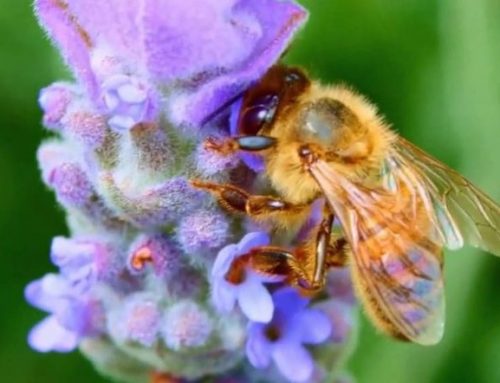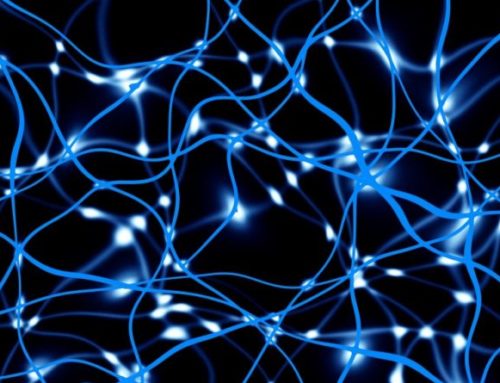Our primary knowledge about Traditional Chinese Medicine including the use of herbs and acupuncture is based on empirical evidence, i.e. that which we can verify with our five senses. In other words, through trial and error over some 5000 years.
Medical science tends to regard this evidence as inadmissible, claiming it too vulnerable to the placebo effect and without any intrinsic worth. Animal testing and double-blind methodology is scientifically preferred. (Double-blind studies necessitate the administration of the tested substance or practice to one group and a similar looking placebo in the case of substances, to a control group of participants. The results indicate whether the tested substance or practice fulfills its hypothetical purpose.)
 However, a more effective method is statistical evidence. In China, for example, hundreds of thousands of people are treated with traditional medicine and a statistical curve, based on the rate of cure, improvement or no improvement, is noted. Using this method of evaluation, thousands of high quality studies have been conducted in China and other Asian countries, but until very recently, Western researchers have disqualified their validity.
However, a more effective method is statistical evidence. In China, for example, hundreds of thousands of people are treated with traditional medicine and a statistical curve, based on the rate of cure, improvement or no improvement, is noted. Using this method of evaluation, thousands of high quality studies have been conducted in China and other Asian countries, but until very recently, Western researchers have disqualified their validity.
 By oversimplifying the multifaceted effects of herbs, acupuncture and traditional medicine in general, double-blind studies fail to encompass the broader aspects of empowerment and healing.
By oversimplifying the multifaceted effects of herbs, acupuncture and traditional medicine in general, double-blind studies fail to encompass the broader aspects of empowerment and healing.
There is no escaping the fact that a significant fraction of the efficacy of any treatment is based on placebo. However, this does not mean that time tested traditional medicinal disciplines are ineffective in and of themselves, as countless practitioners and patients will attest, from east to west.





